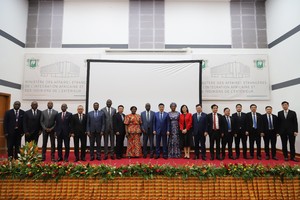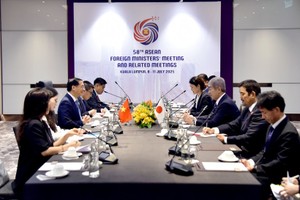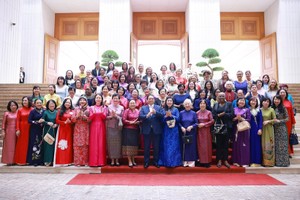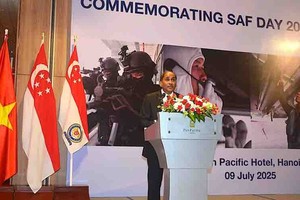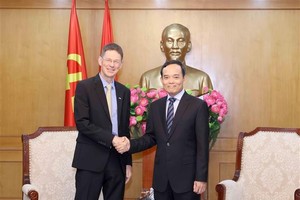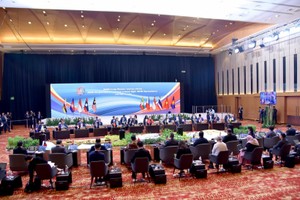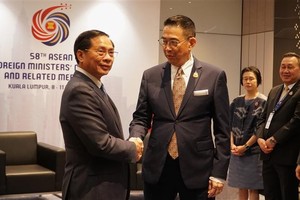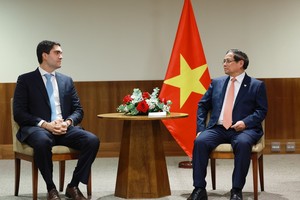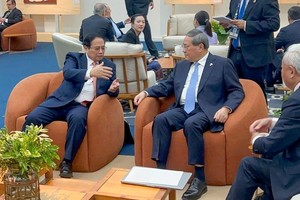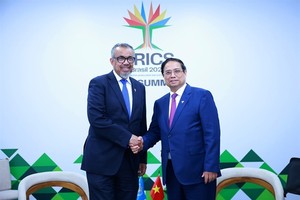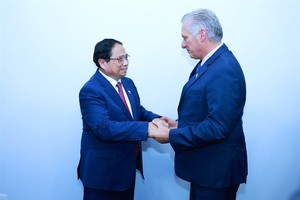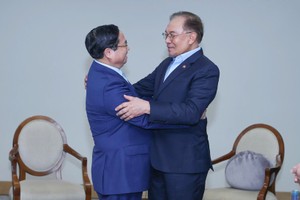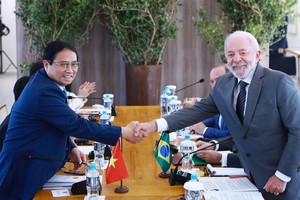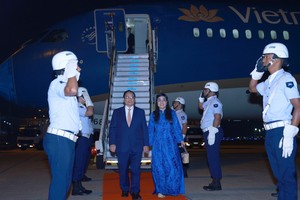Saudi police fired in the air to disperse protesting Shi'ites on Thursday, and three people were injured in the melee on the eve of a day of protests called for on social media, witnesses and activists said.
Shots were heard near the protest by around 200 Shi'ites in the town of Qatif in Eastern Province, home to some of the world's largest oil fields and a large Shi'ite minority.
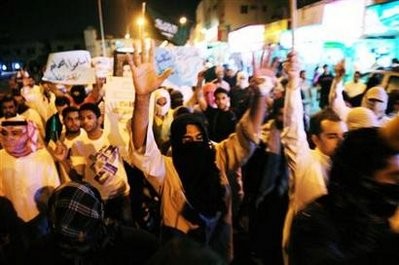
The clampdown was a sign that the Saudi government was serious about enforcing a ban on protests called for Friday by Internet activists emboldened by protests that toppled the leaders of Egypt and Tunisia before spreading to the Gulf.
"There was firing, it was sporadic," one witness said, adding that the sound of gunfire was interspersed with the noise from stun grenades.
A spokesman for the Saudi Interior Ministry said police fired over the heads of the crowd after they attacked a police officer who was documenting the protest, and said two protesters and a police officer were injured.
Witnesses gave conflicting accounts of whether police in the Sunni-dominated kingdom, an absolute monarchy where protests are forbidden as being against Islam, used rubber or live bullets.
Witnesses said at least two injured protesters appeared to have been shot, but had few other details about their injuries.
"They were not targeting the people directly. It was indirect firing," said one Shi'ite activist who asked to be identified by only his first name, Hussein.
"It seems they don't mean to kill. We think this is a message not for Qatif but for all Saudis about tomorrow," he added.
SOCIAL MEDIA
Shi'ite protesters have been demonstrating in small numbers for around three weeks in Qatif and other eastern towns, mainly demanding the release of prisoners. In some cases the protests were tolerated even as others were broken up, activists said.
But it was not clear if small protests that have erupted in the east could be replicated in Riyadh, a wealthier and more developed city in Saudi Arabia's conservative Sunni heartland.
A Facebook page calling for nationwide protests in Saudi Arabia gathered more than 30,000 followers. In Riyadh police boosted their presence, parking with their lights flashing at major junctions and patrolling the roads.
Brent oil prices jumped by $3 per barrel on news of the firing in Saudi Arabia, fully erasing earlier losses to trade close to $116 a barrel at 1900 GMT. Earlier in the day, oil was falling on the back of Europe's debt woes.
A loose coalition of liberals, rights activists, moderate Sunni Islamists and Shi'ite Muslims has called for political reform. Saudi rulers say their country, as an Islamic state applying sharia (Islamic law), has no need for protests or political parties.
Leaders of the Shi'ite community met King Abdullah and the governor of Eastern Province to seek the release of some 26 Shi'ites detained for taking part in protests.
Saudi Shi'ites, who make up about 15 percent of the population, often complain they struggle to get senior government jobs and the same benefits as other citizens.
The government denies these charges.
The U.S. government said it was aware of protests being dispersed in Saudi Arabia and reiterated its support for the right to peaceful assembly.
Earlier this week, Saudi Foreign Minister Prince Saud al-Faisal said protests were not the way to seek change and that foreign meddling in his country's affairs was not welcome.
"The principle of dialogue, I believe, is the best way to address the issues facing society," Prince Saud, a nephew of the king, said. "Change will come through the citizens of this kingdom and not through foreign fingers, we don't need them."


